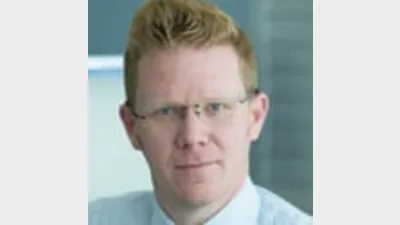Industry funds push annual opt-in



The Industry Super Network (ISN) has produced a blueprint paper reinforcing its belief in the imposition of a fiduciary duty on financial planners along with annual opt-in arrangements and an “expansion of scalable intra-fund advice”.
The blueprint document then argues that financial advice reforms based around such principles “will transform the industry and result in an expansion of lower cost tailored advice (often delivered through the use of new technologies) appropriate to an individual’s circumstances”.
Commenting on the release of the document, Industry Super Network chief executive David Whiteley (pictured) claimed that “carefully implemented, the proposed reforms will supercharge retirement income, providing dignity for Australians in retirement as well as building a formidable pool of capital to reinvest back into the economy to support jobs, productivity and wages".
The industry funds document goes on to discuss reforming financial advice by stating that financial advice is “typically seen through the prism of the financial planning industry and a bias towards higher net worth retail investors”.
“Instead, financial advice should be seen through the prism of how to make financial advice accessible, affordable and suitably scaled to all Australians with compulsory super and other financial advice needs,” it said.
The Industry Super Network document reinforces the long-standing industry fund call for a prohibition on conflicted remuneration practices but then forcefully argues for annual “opt-in” provisions, claiming that the only way asset-based fees can be permitted under a new advice regime is with an annual renewal requirement in the form of an annual opt-in mechanism.
Elsewhere, the industry funds document calls for a lifting of the bar on default funds, the introduction of more progressive contribution concessions and a more flexible approach to contribution caps.
Recommended for you
AZ NGA has partnered with an Adelaide-based accounting and financial planning practice as it expands its presence in South Australia.
The central bank has released its decision on the official cash rate following its November monetary policy meeting.
ASIC has cancelled the AFSL of a Melbourne-based managed investment scheme operator over a failure to pay industry levies and meet its statutory audit and financial reporting lodgement obligations.
Melbourne advice firm Hewison Private Wealth has marked four decades of service after making its start in 1985 as a “truly independent advice business” in a largely product-led market.










